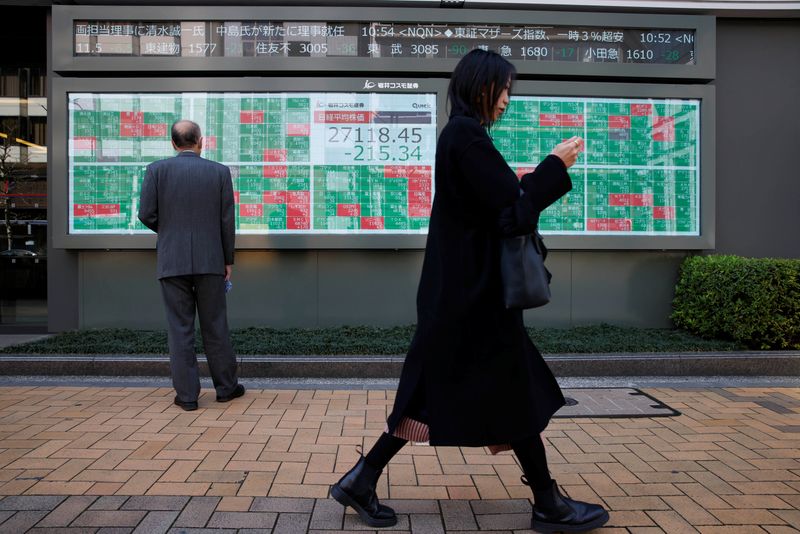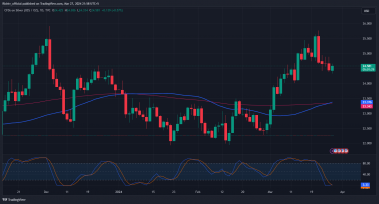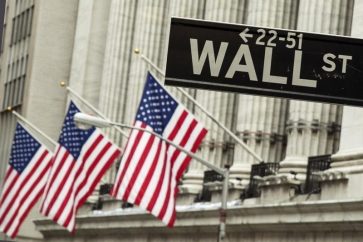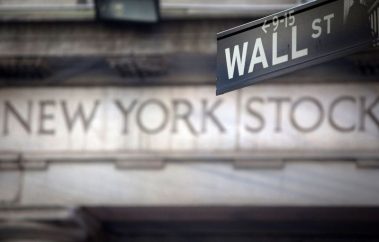The STOXX 600 index of European shares increased on Friday, marking the fifth straight session of gains, while the dollar was poised to suffer another weekly loss as traders wagered that the U.S. Federal Reserve may soon have reached its maximum level of interest rate increases.
Asian stocks rose after the Monetary Authority of Singapore (MAS) startled many by maintaining its policy and stating that the tightening would ensure inflation declined significantly later this year.
The markets remained optimistic throughout European trading, with the MSCI World Equity Index up 0.2% on the day at 1150 GMT, close to its best level since mid-February.
The STOXX 600 increased by 0.6% and was on pace to advance 1.7% for the week.
The FTSE 100 in London gained 0.6%, and the CAC 40 in France gained 0.5% after reaching a record high.
After Wells Fargo (NYSE:WFC) and JP Morgan reported first-quarter profits, Wall Street futures were in the red but cut their losses. The earnings helped assuage fears about stresses in the U.S. banking sector.
Nasdaq e-minis fell by 0.5%, while S&P 500 e-minis fell by 0.1%.
After Thursday’s U.S. producer price data and labour market data indicated that inflation was slowing, investors were wagering that the Fed would only hike rates once more during its rate-hiking campaign. After CPI statistics on Wednesday revealed a slight increase in U.S. consumer prices in March, this occurred.
According to Holger Schmieding, chief economist at Berenberg, “the risk that the Fed will have to overdo it and cause a hard landing in its fight against inflation has receded”. This supports the market’s overall ‘risk-on’ attitude.
“Markets are expecting that the rate gap between the Fed and the ECB will narrow further over this summer,” Schmieding continued, citing anticipation of additional rate increases by the European Central Bank.
Raphael Bostic, president of the Atlanta Federal Reserve, told Reuters that the Federal Reserve could complete its tightening cycle with one more quarter-point increase in interest rates.
After statistics on Thursday revealed that euro zone industrial output was higher than anticipated in February, the anticipation that the ECB will keep raising rates helped the euro.
The euro increased by 0.1% on the day to $1.10535 after reaching its highest level in around a year earlier, and European government bond yields were expected to increase weekly.
The benchmark 10-year German yield was at 2.37% and was expected to increase by around 18 basis points overall for the week, which would be the highest weekly increase in 2023.
The U.S. dollar index was steady at 100.99, on track for its fifth consecutive week of declines, making for its longest weekly loss streak since 2020.
The International Energy Agency, the West’s energy watchdog, predicted that this year’s worldwide demand would reach a record high, which led to an increase in oil prices.




 By:
By:





